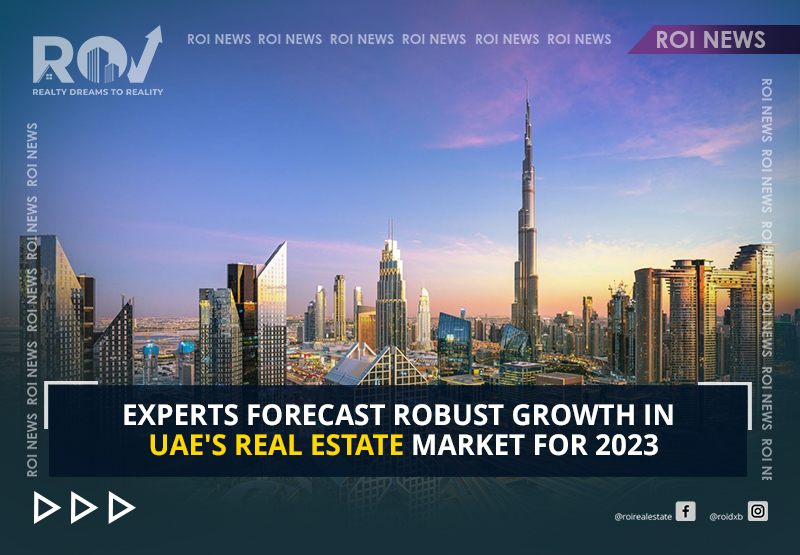
Experts Forecast Robust Growth in UAE's Real Estate Market for 2023
Leading real estate expert JLL claims that the real estate market saw robust growth across all major asset classes in 2023, especially the office and residential sectors, as the UAE continued to show resilience in the face of difficult global economic conditions.
According to JLL’s “A Year in Review” report, the UAE’s residential sector saw notable growth in transactions in both primary and secondary markets in 2023, driven by robust demand and ongoing developer activity.
In November 2023, Dubai experienced a notable 19% increase in average sales prices and rental rates when compared to the same month the previous year. Due in large part to increased demand, Dubai’s average villa sale prices noticeably kept rising and, by November, had surpassed the previous high from 2014 by 15%.
JLL reports that over 36,000 units—of which apartments made up the majority—were delivered in Dubai during the year, bringing the total stock to over 719,000 units.
Based on data from Dubai Pulse, Dubai saw a 51% year-over-year increase in value and a 43% year-over-year increase in volume from January to November 2023.
Successful off-plan segment launches in Abu Dhabi led to a notable increase in overall transaction values, which increased by 102% yearly, and a 77% year-over-year increase in volume over the same period last year.
With a 5% increase in sale prices and a 2% annual rise in rental rates in Q4 2023, the capital saw steady growth throughout the year.
Over 5,000 units were finished in the capital, bringing the total completed stock to over 284,000 units. About 34,000 units are expected to be delivered in Dubai in 2024, and about 8,000 units are expected to be delivered in Abu Dhabi.
In 2024, it is anticipated that the UAE’s residential market will continue to grow. It did, however, note that developers would need to be ready to account for the rising cost of building and land, which would continue the trend of smaller units and secondary area launches.
Regarding the office sector, JLL stated that both recently established companies and those seeking to grow their national footprint are contributing to the sector’s expansion, with commercial real estate developers taking advantage of the growing demand by launching new projects.
A few UAE-free zones have also moved proactively to broaden their purview or initiate new initiatives inside their borders.
The total stock increased to 9.2 million sq m after 92,000 sq m of gross leasable area (GLA) in Dubai were delivered, the majority of which met Grade A specifications. According to the report, 44,000 square meters will be added this year.
The capital’s overall stock stayed constant at 3.9 million square meters in 2023, but Abu Dhabi is anticipated to add about 112,000 square meters of new office space in 2024, it continued.
Faraz Ahmed, Research Director at JLL Mena, said: “Throughout 2023, the UAE’s real estate industry remained a top performer, particularly the office and residential sectors where there was a substantial increase in stock driven by strong demand.”
“With the government focused on strengthening and diversifying the country’s economy, real estate will continue to be a key driver owing to the robust demand and favorable investment climate in the country,” he added.
The average Grade A rent in Dubai’s Central Business District (CBD) reached AED 2,425 per sq. m. annually in Q4 2023, a record high due to a 15% year-over-year increase. Additionally, there was an increase in leasing activity, which led to an 8% decrease in office vacancies in the CBD.
The strong demand in Abu Dhabi has resulted in an astounding 12% year-over-year increase in average city-wide Grade A rents or AED 2,000 per square meter annually. According to the JLL analysis, the capital’s overall vacancy rate dropped slightly to 22% during that time.
Due to high rents, a lack of good space, and an increase in occupier inquiries, the market remained firmly in favor of landlords. As a result, it said, tenants were forced to reconsider their needs and broaden their search to include secondary and tertiary areas that might have lower-quality stock.
The UAE’s industrial sector is seeing high demand from foreign occupiers who seek superior quality industrial facilities and proximity to the air and seaports, in line with its economic diversification efforts, it continued.

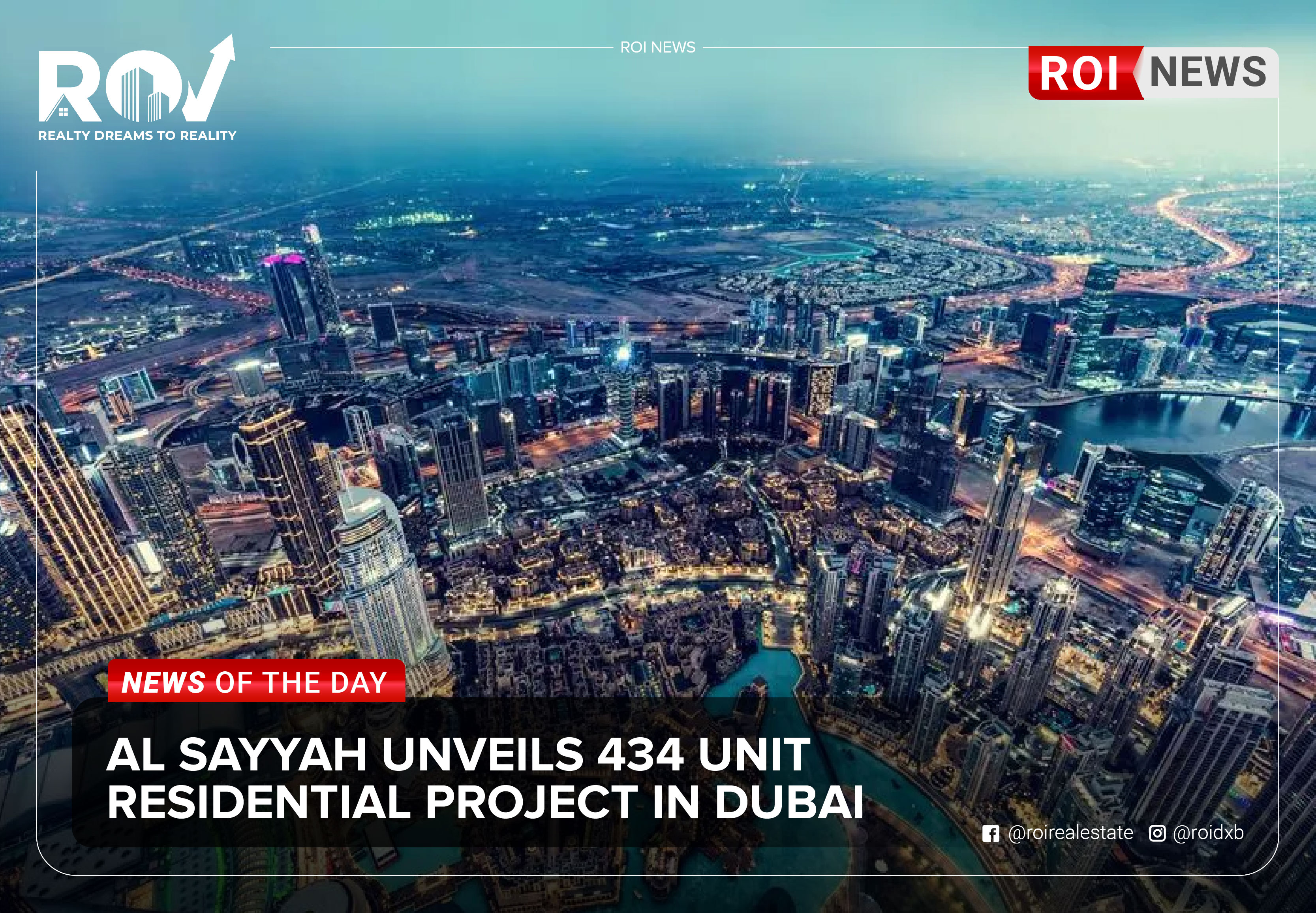
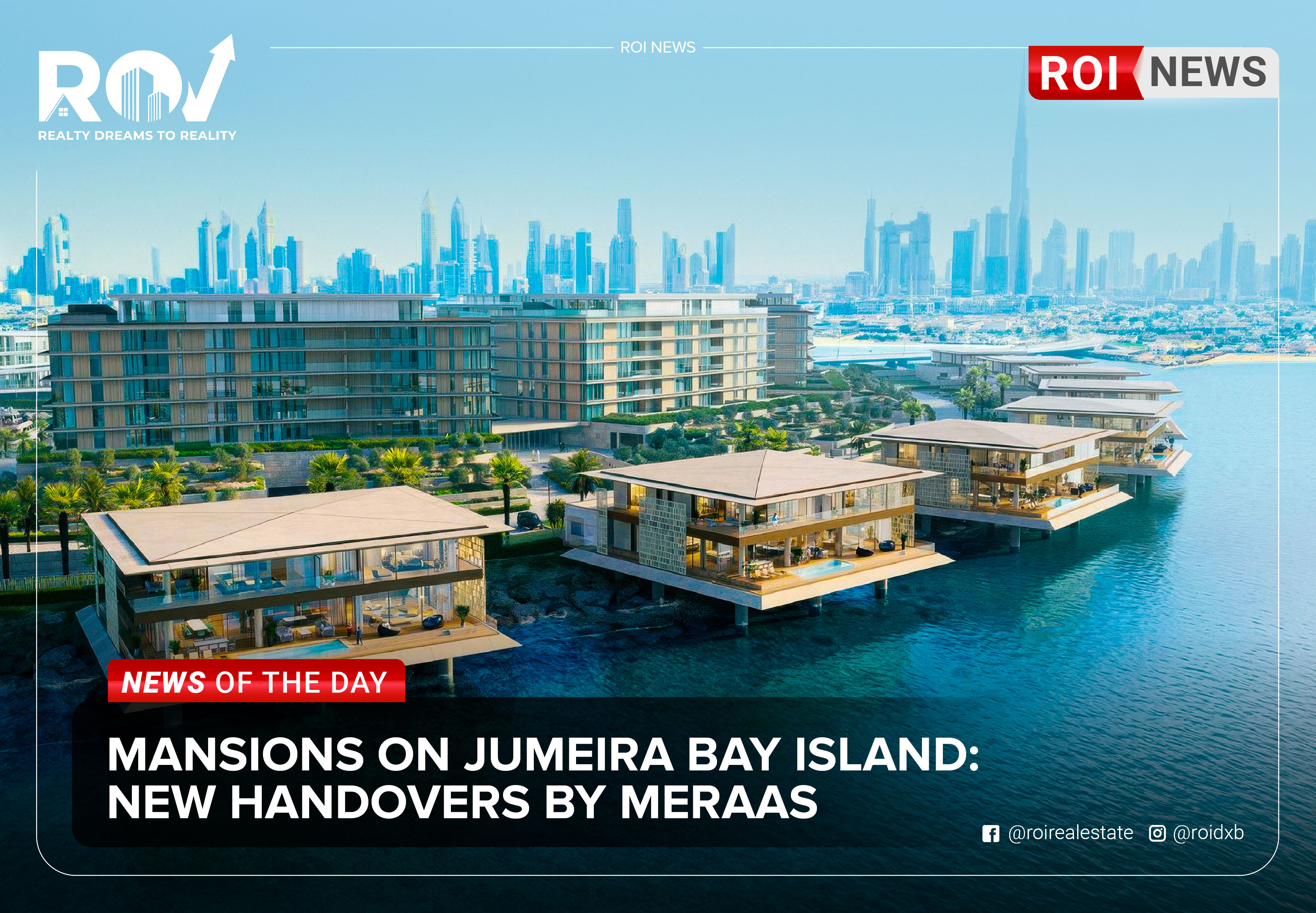
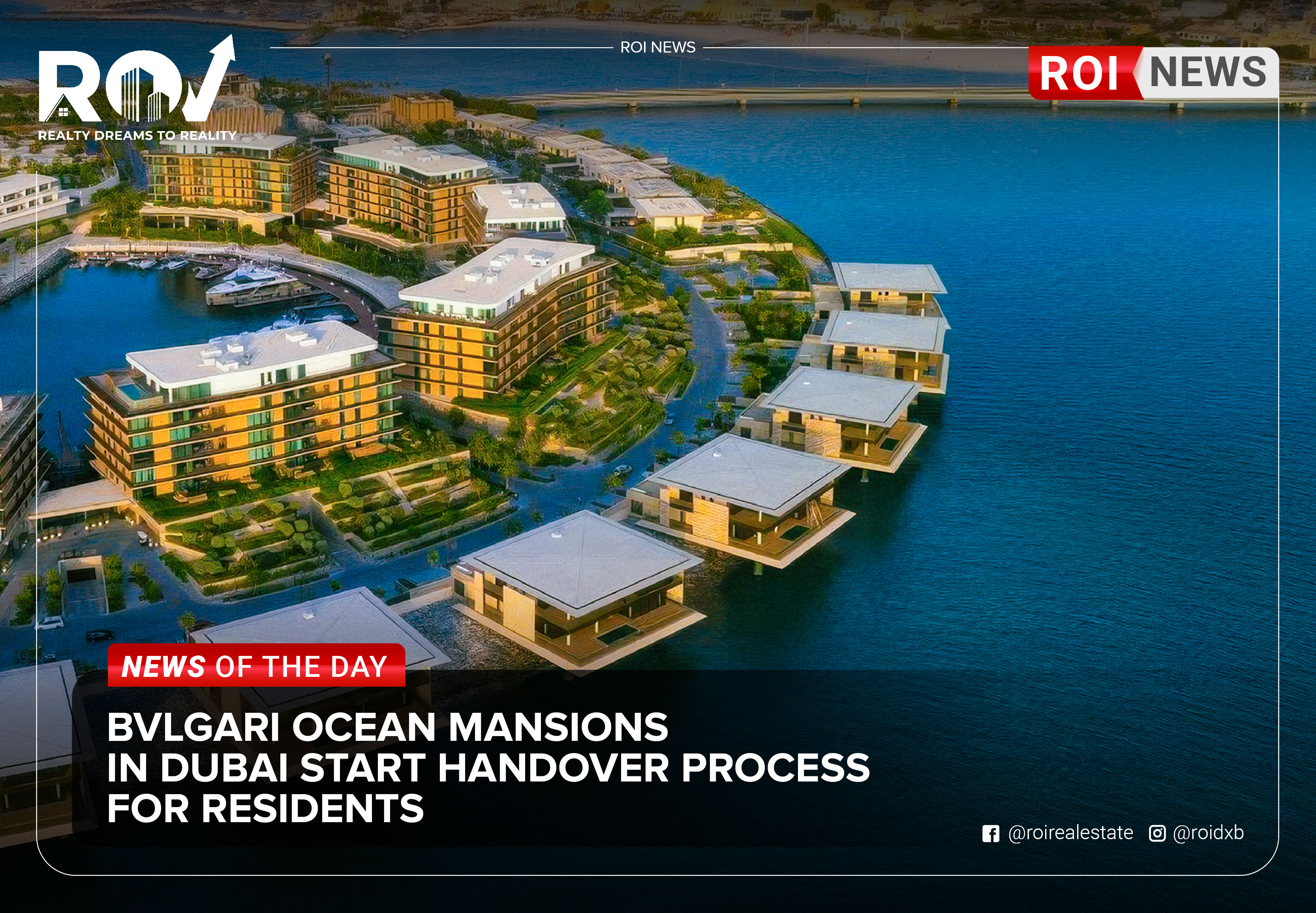
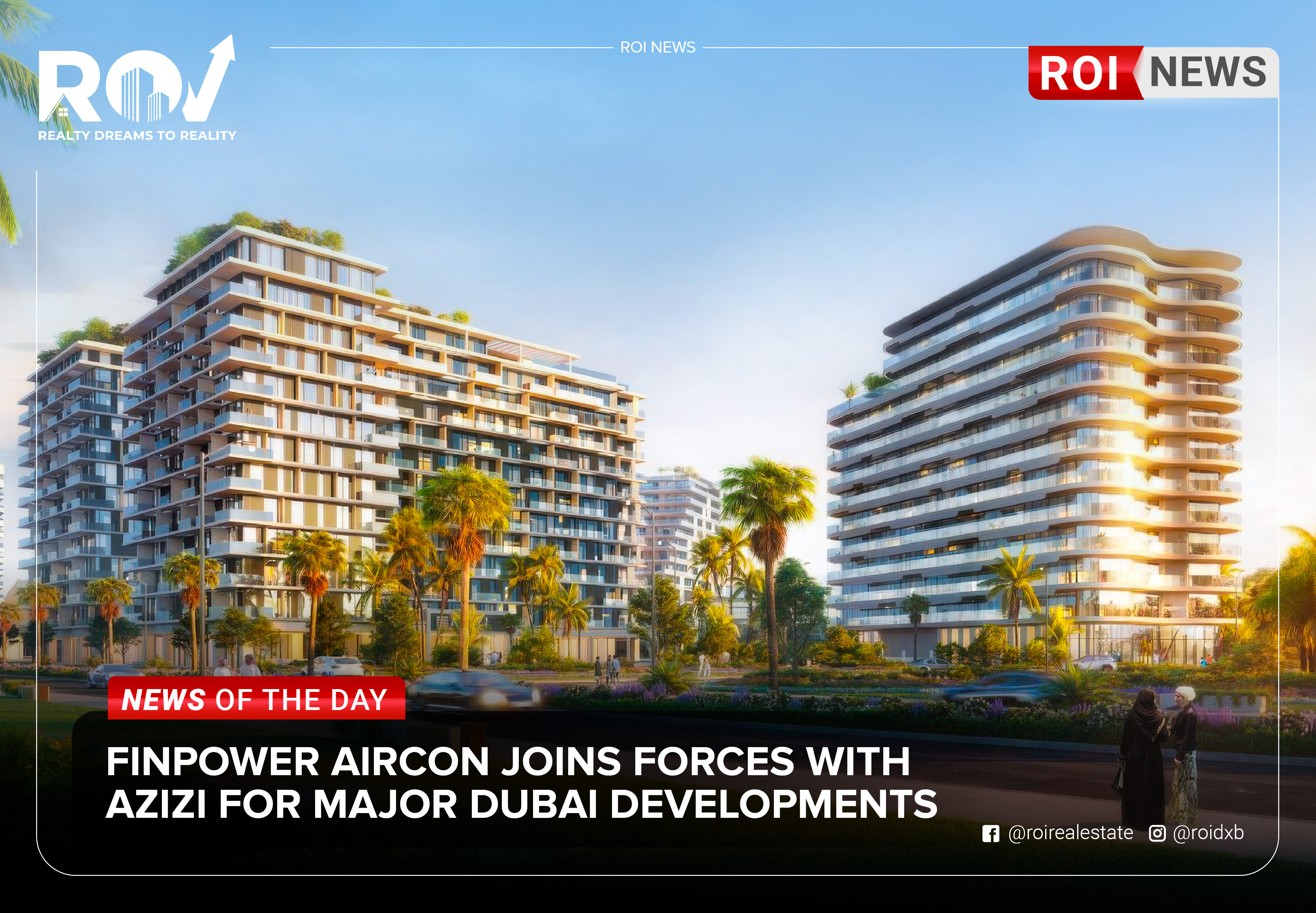
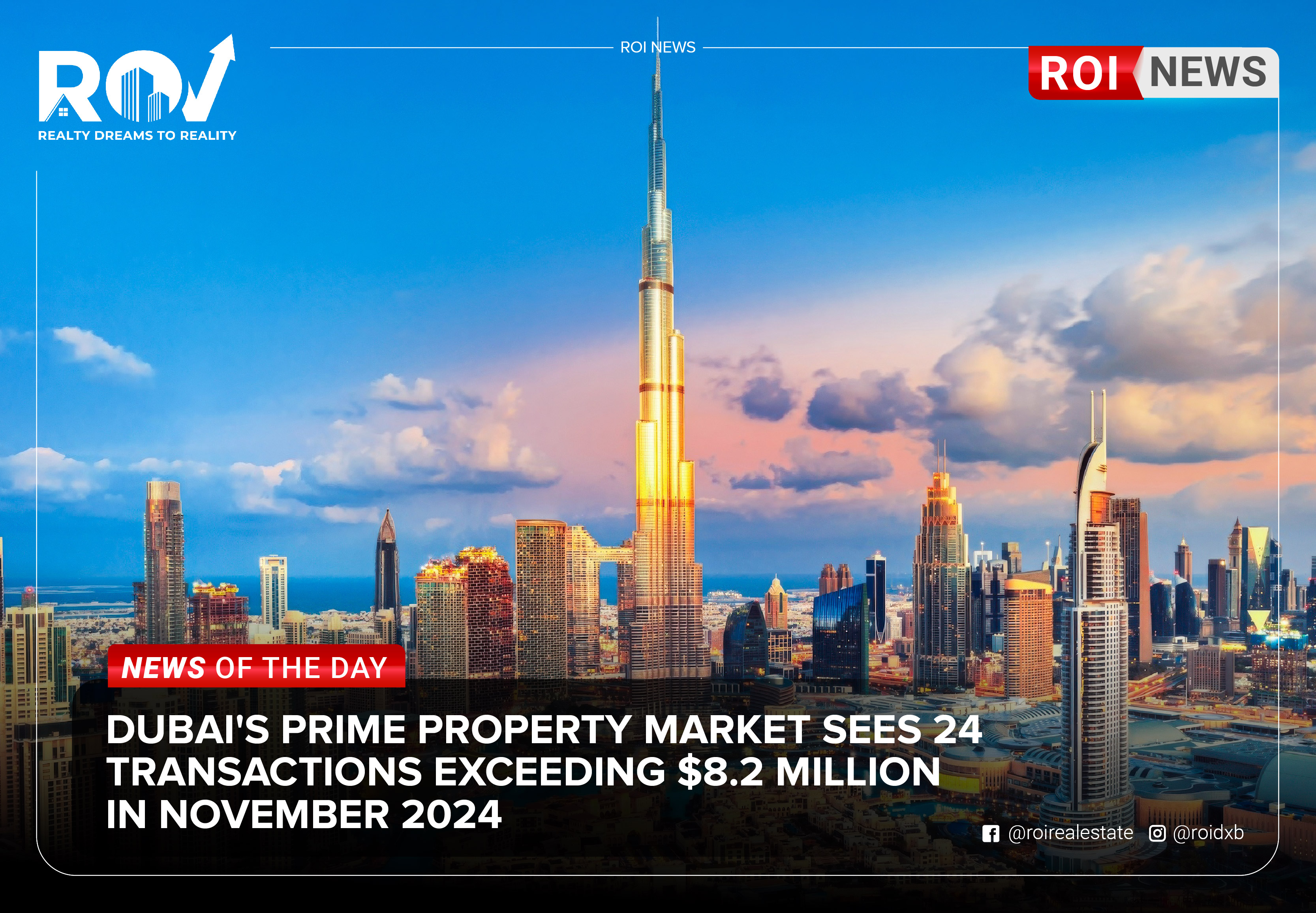
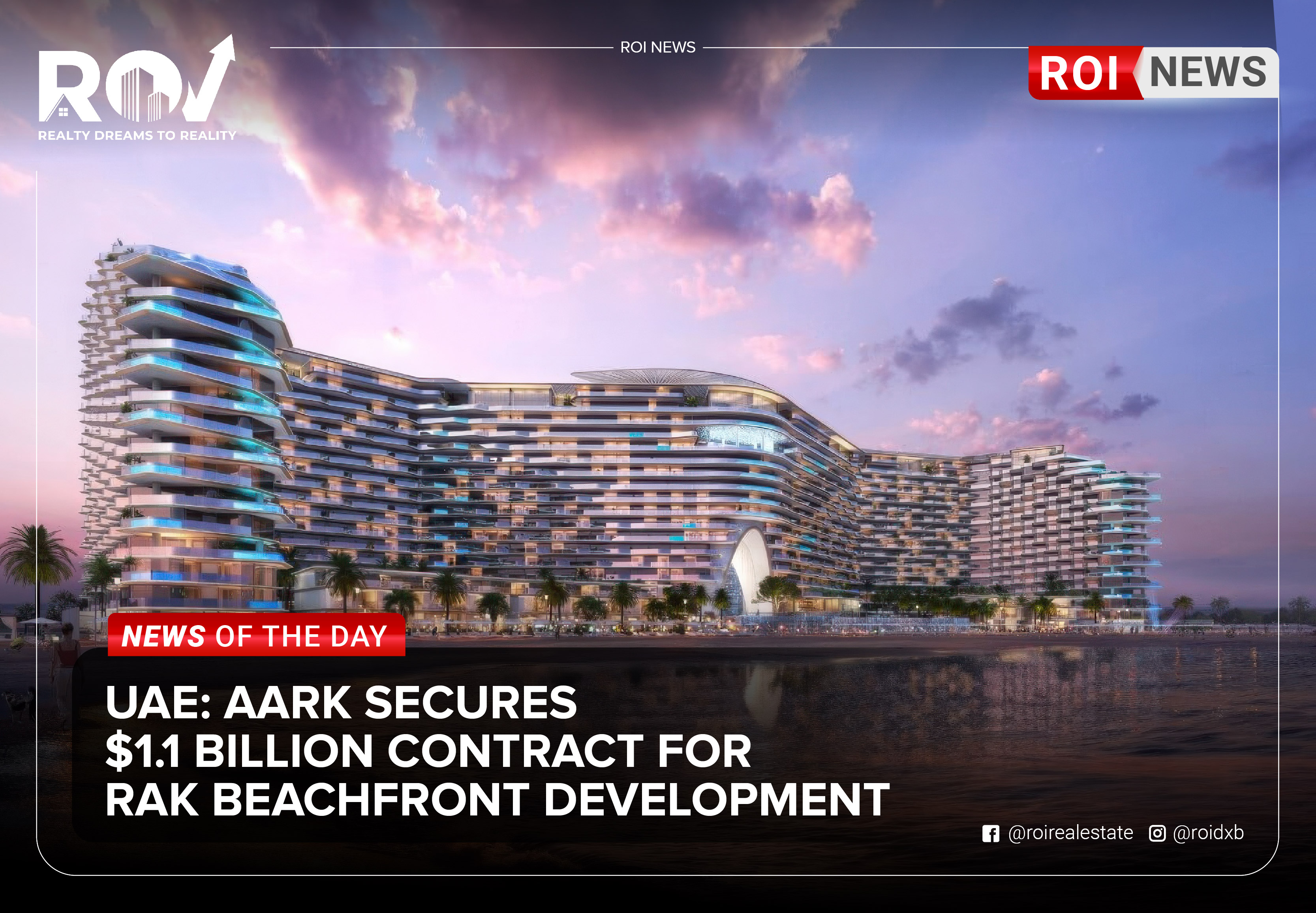

Comments (0)